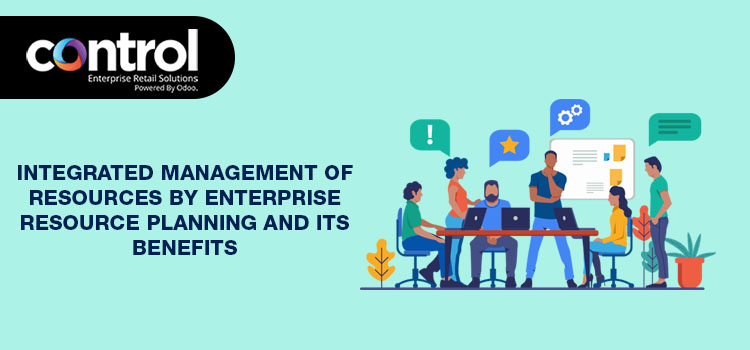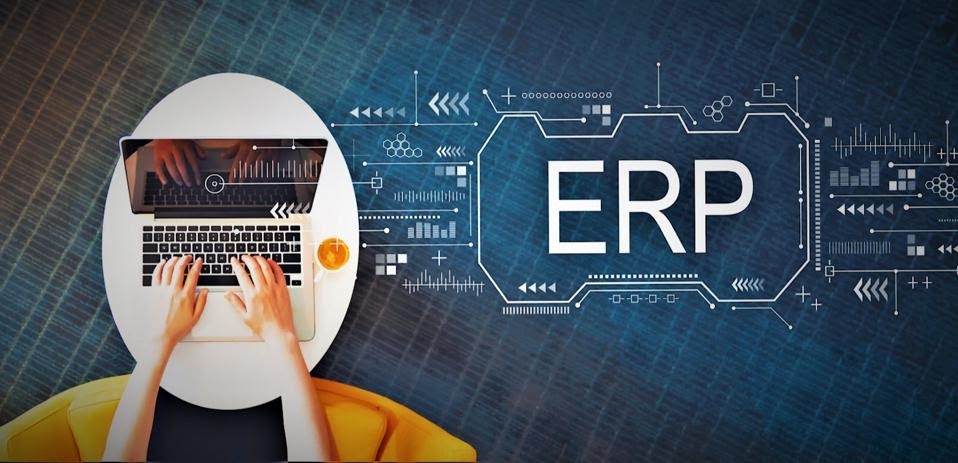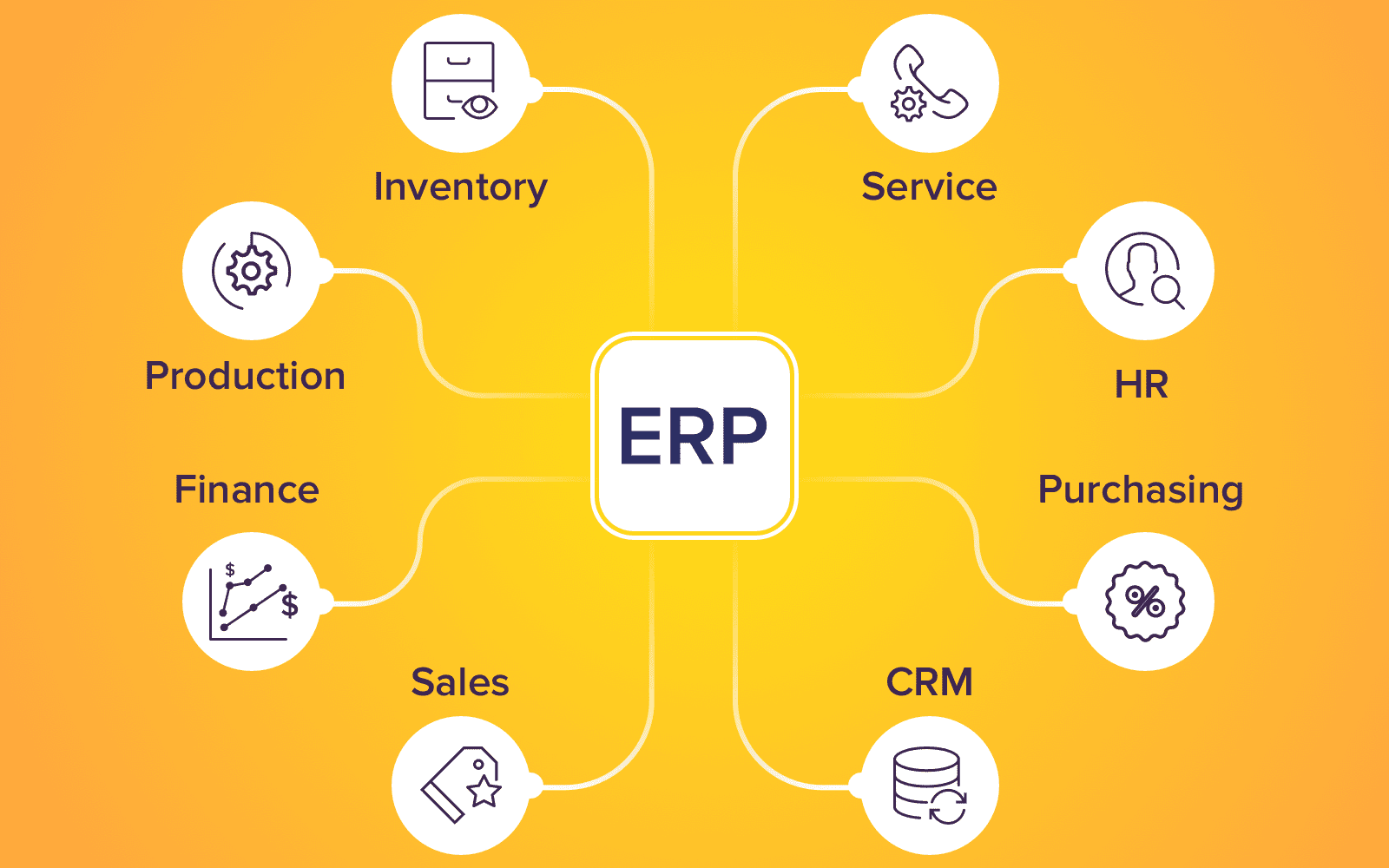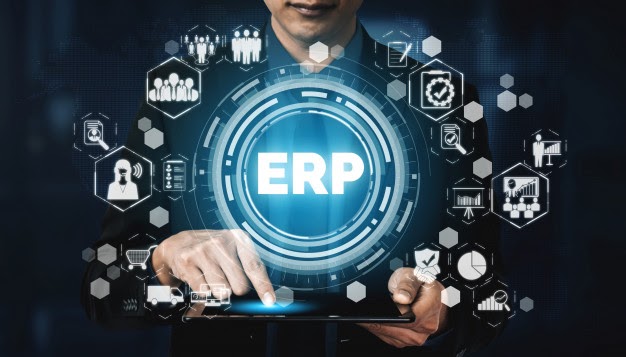Integrated Management Of Resources By ERP And Its Benefits
- August 24, 2020
- By Mike Taylor
Enterprise resource planning (ERP) is a unique software that allows organizations to manage all the daily activities like procurement, project management, accounting, supply chain operations, risk management, and compliance. ERP ensures seamless to and fro of the data so that the company can easily eliminate data duplication, making sure the organization’s critical management increases exponentially.
Comprehensive Impact On The Business Value
ERP not only boosts the management of resources but also lends a helping hand in the exponential growth of the company. Some of the positive effects on the ERP are as follows.
- Real-time generated reports ensure improved business insights
- Streamlined business processes significantly reduce the operational costs
- Efficiency improves with a well-defined structure that allows the generation of accurate data
- Common design and user experience lead to higher user-adoption rates
- Improved financial controls and data integrity ensure reduced risk
The Benefits Of ERP Software
ERP And Its Services
ERP acts as a hub where all the data is collected and stored for proper management of the resources. It has an on-premises, cloud-hosted, or SaaS deployment option that offers an array of services to the organization. ERP has many benefits, out of which these 4 are its essential elements.
Automation For Productivity
An organization can link the ERP and accounting that ensure seamless automation of the workflow. This helps in increasing productivity significantly. ERP enables you to streamline accounts payable management, accounts receivable, and cash management.
Make Data Entry A Breezy Task
Before ERP, data was re-inputted from one system to another manually. ERP completely changed the scenario. It removed the tedious process of manual data entry and ensured consistent and fast feeding of the system’s data, making sure the entry is original and error-free.
Seamless Calculation
ERP replaces the manual data entry system to ensure error-free use. It includes transposed digits and incorrect client names, and more.
Comprehensive Control
ERP for accounting allows you to analyze the impact of decisions and events in real-time. It provides the organization additional power in their business, allowing them to grow exponentially over the years.
Over the years, ERP accounting software has stemmed itself firmly in an array of organizations. One of the main reasons why ERP works on such a big scale is its accessibility. It not only allows the companies to make each system for every department but also lets them access all the systems through a single ERP software for accounting. This ensures a hassle-free computing experience.
When Do You Need An ERP?
Many organizations fail to realize the benefits of ERP in time. So what exactly is the time when a company needs an ERP in the system?
1) An ERP is needed when the company is functioning inefficiently.
2) When the existing business processes and systems don’t support the growth or add value to the growth of an organization.
3) When the current security provided is inefficient to mitigate the risks.
4) ERP is essential when analytics and information are out of date and difficult to access.
5) When the installed system can’t keep up with advanced technologies like artificial intelligence, IoT, and more.
ERP helps the company use IT time on an array of essential activities instead of patching and fixing legacy systems. Which ERP software does a company depends on the necessities and the type of the organization. Here are some of the questions that a company should ask itself before purchasing any ERP system.
- Does it meet your system requirements?
- Does it align with the goals of the company?
- Does it help the organization’s growth?
- Can it be used to adapt to challenges and utilize new technology?
- Is it compatible with the current system?
- Can it be integrated with the currently existing systems?
The above questions will give companies the answers they need for the growth of their organization.
ERP proves to be an essential system that supports technologically advanced software and saves the manual and tedious trouble of data entry. It brings all the stored and necessary data together and enables the organizations to calculate accurate data for substantial growth. ERP in accounting allows you to calculate magnitudes of information within a matter of a few seconds. It makes management of resources a seamless task. This ERP system makes reporting, synchronizing, and automation an effective task. It helps in saving valuable time and resources of the company for efficient administration.




